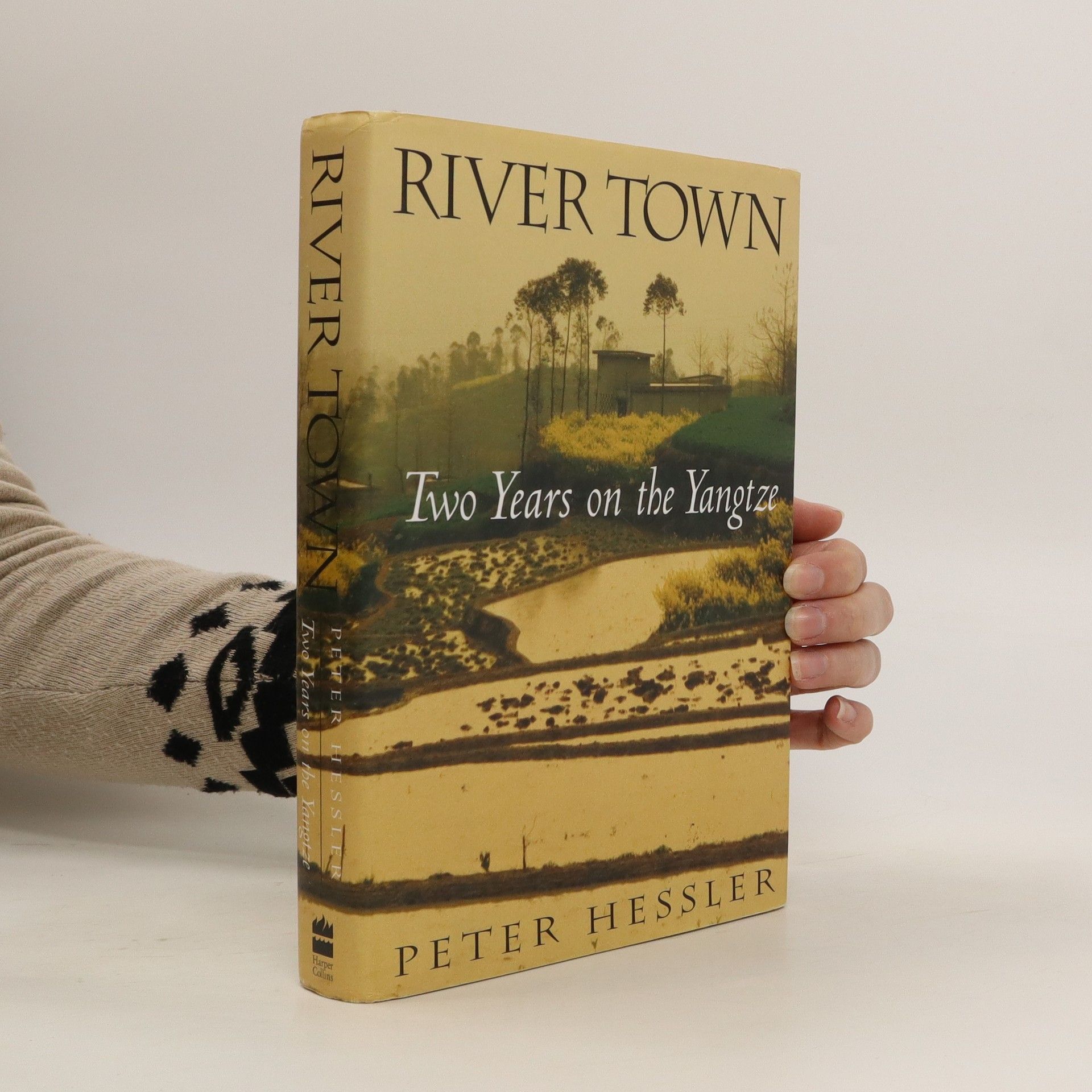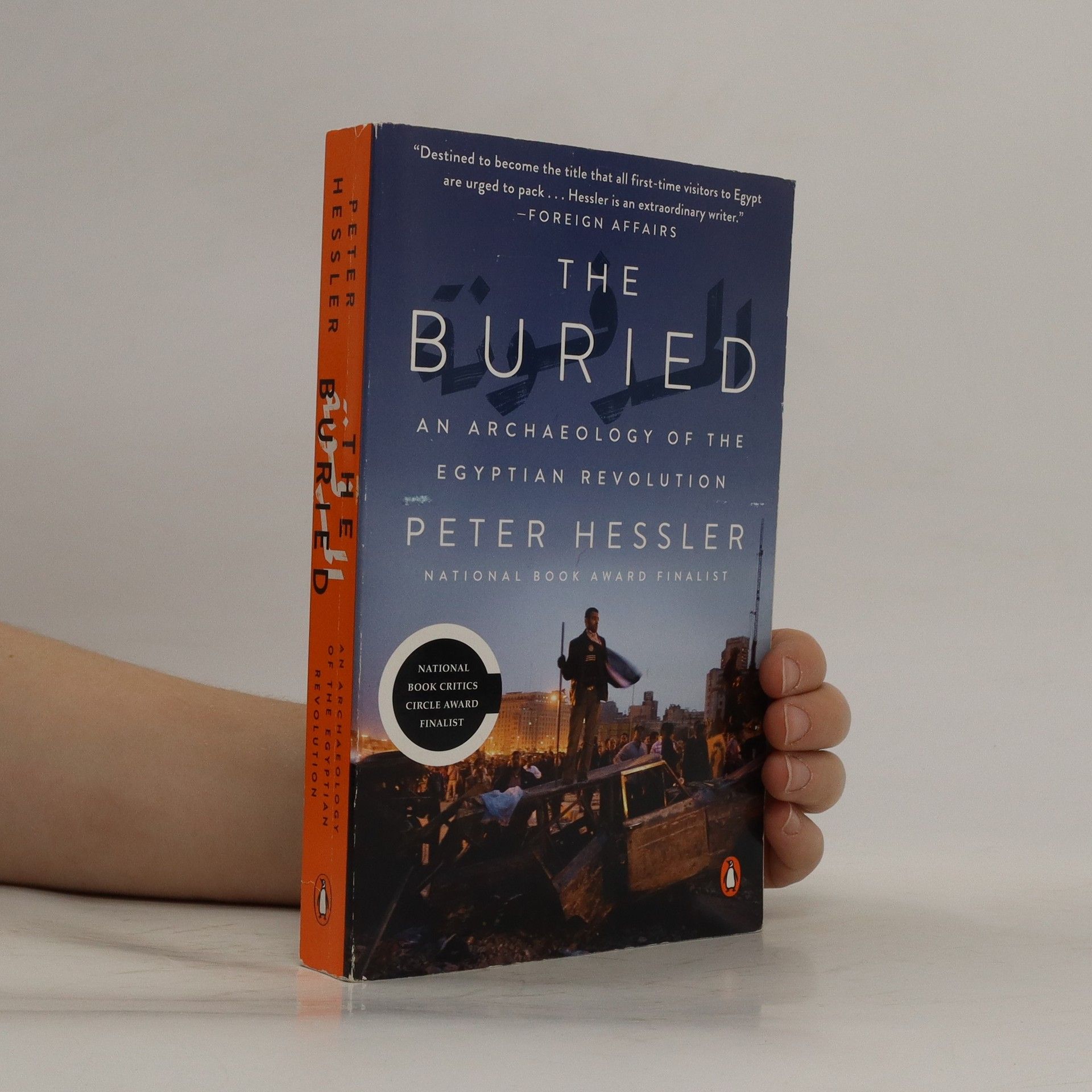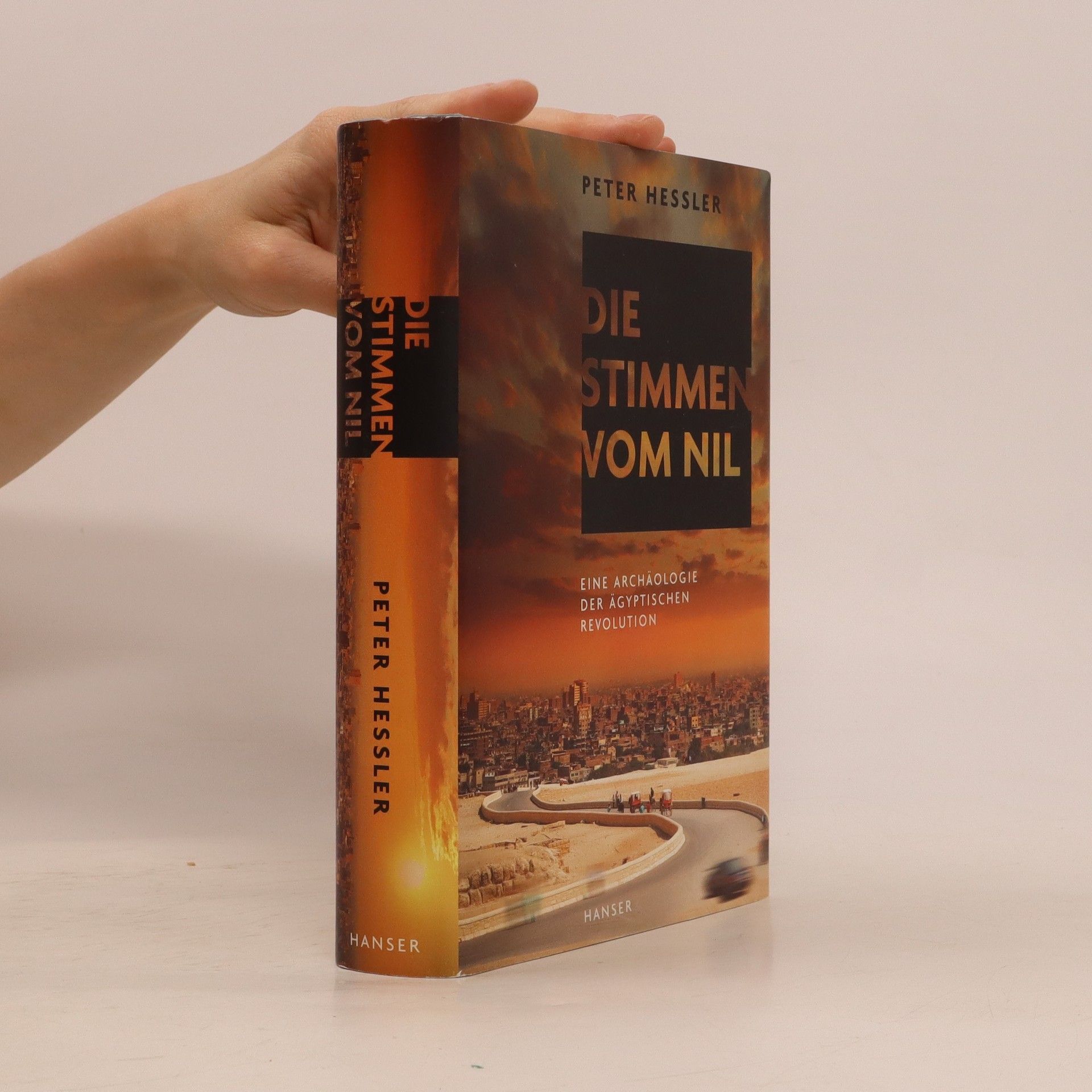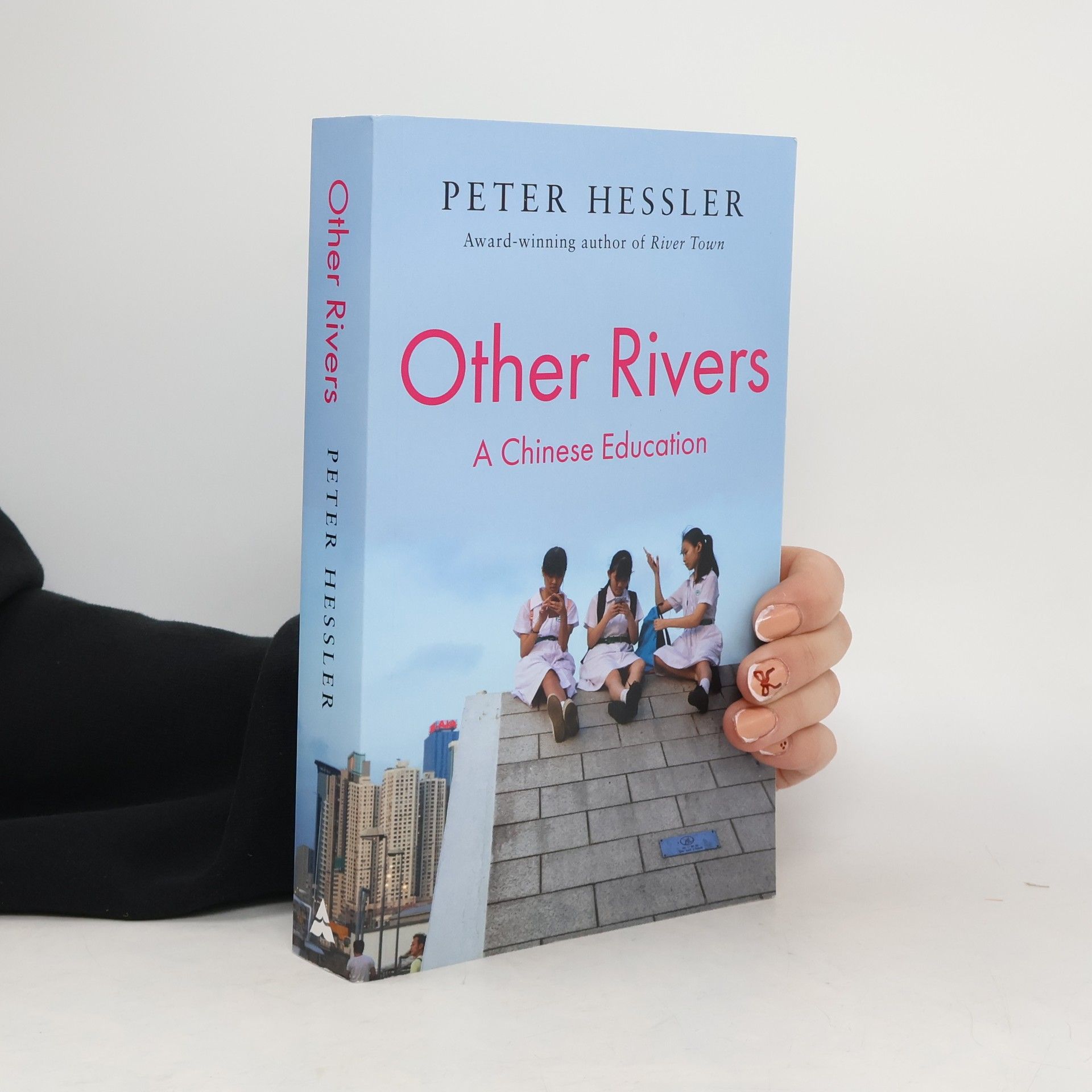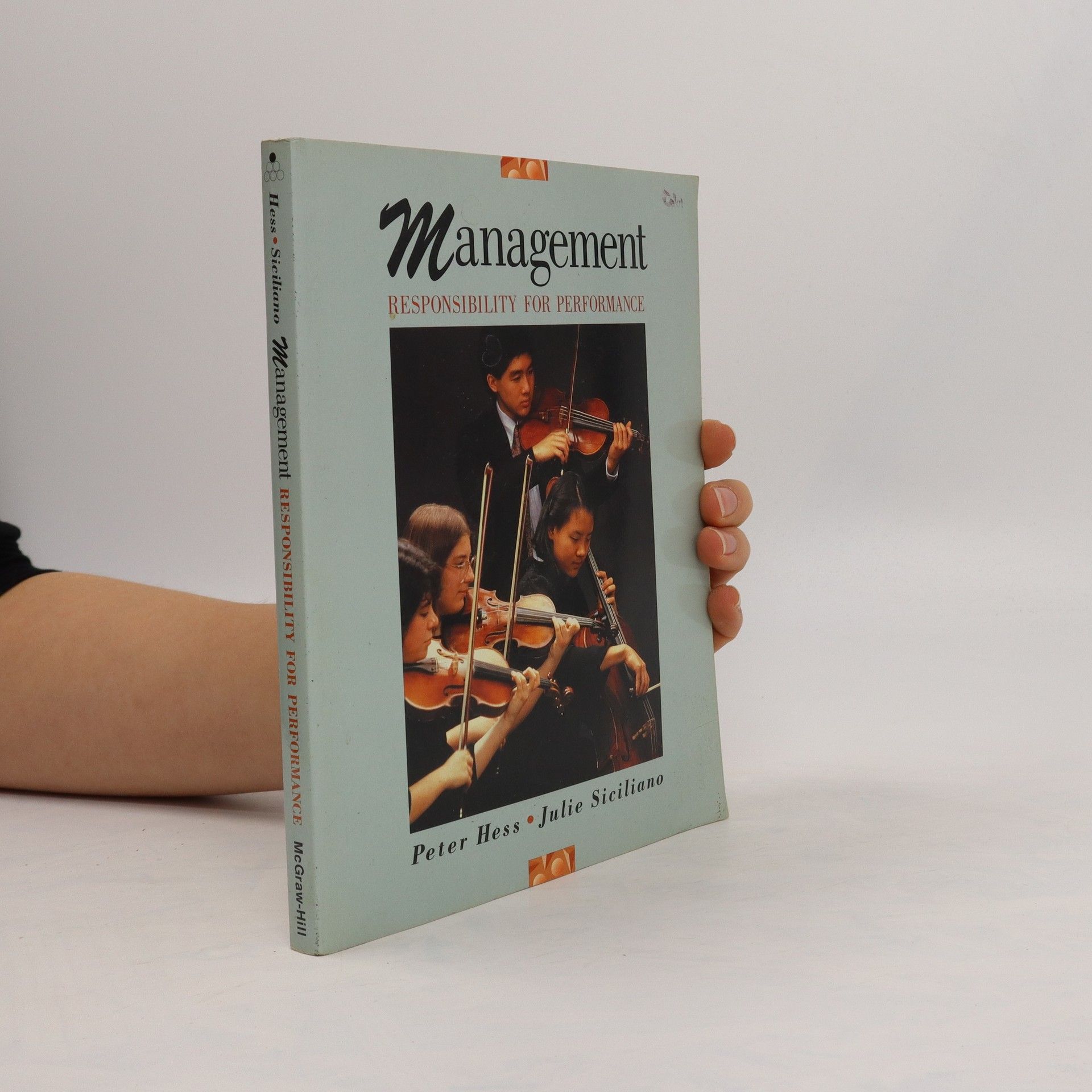Die Stimmen vom Nil
Eine Archäologie der ägyptischen Revolution
Zum 10. Jahrestag des Arabischen Frühlings: „Originell und zutiefst menschlich – anders als alles, was ich über die ägyptische Revolution gelesen habe.“ Anand Gopal Noch immer blickt die Welt auf den Nahen Osten, um die Folgen des Arabischen Frühlings zu verstehen. Doch aus der Distanz bleibt vieles verborgen. Peter Hessler erzählt die ägyptische Revolution aus dem Alltag der Menschen heraus. Ein Abfallsammler, der aus Kairos Müll mehr herauslesen kann als jeder Archäologe. Ein Arabischlehrer mit Faible für Ägyptens sozialistische Vergangenheit. Und ein schwuler Mann, der in einem Muslimbruder einen unerwarteten Verbündeten findet. In einer brillanten literarischen Reportage bringt Peter Hessler Persönliches und Politisches, Gegenwart und Geschichte zusammen und entwirft so ein schillerndes Porträt einer Gesellschaft im Umbruch.


